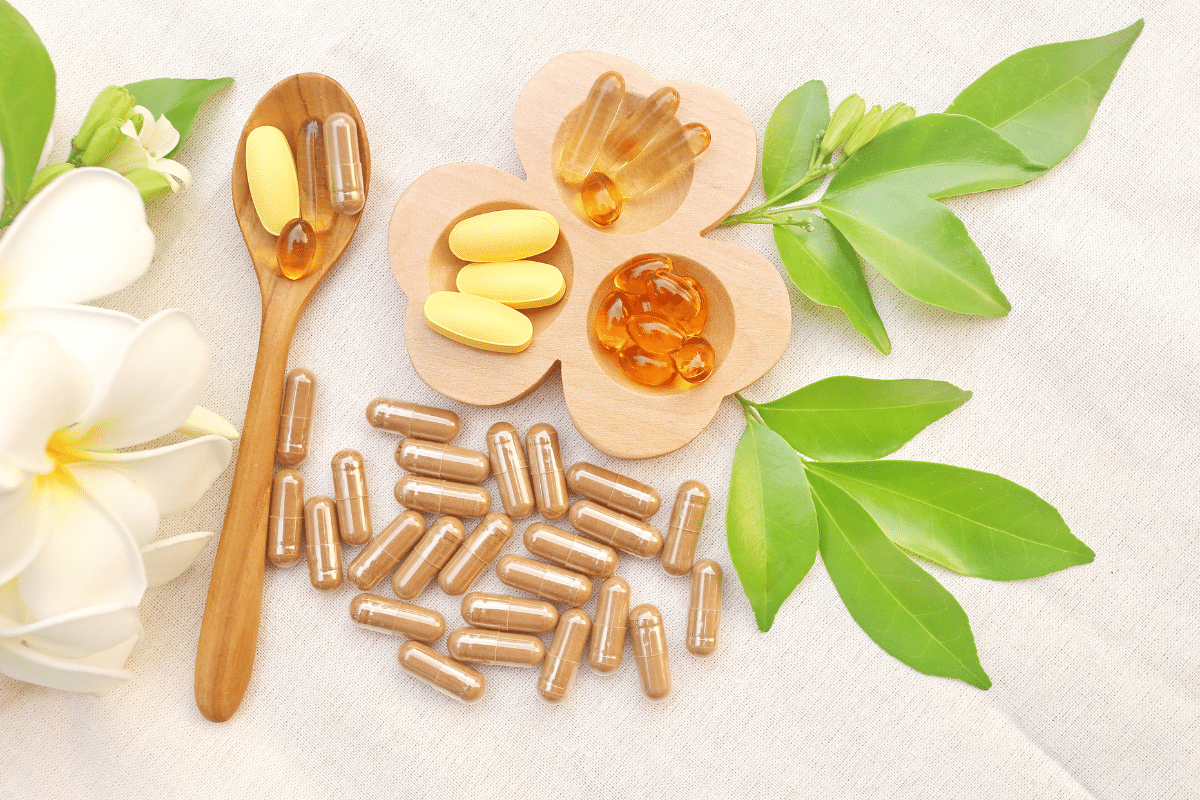A healthy diet is vital at any age. But, as you age, various age-related issues, such as, loss of appetite, loss of taste, and chewing and swallowing problems, can keep you from a healthy food intake. Therefore, it is necessary to supplement the lack of nutrients, in your body, with vitamin supplements. Here are some vitamins you need to consider. Please discuss the need for vitamin supplements with your doctor before considering any.
Vitamin D
This is a vital vitamin you need to consider as it helps the absorption of calcium into bones. Bone health is necessary as you age because of bone mass loss. Taking vitamin D supplements will support your bones and prevent the onset of osteoporosis. In addition, vitamin D also reduces the risk of cardiovascular diseases and some cancers. Consider eating vitamin D fortified foods, such as yogurt and milk. Morning sunshine is also a good source of getting your vitamin D. Speak to your doctor about the recommended daily allowance of vitamin D for your age.
Vitamin B 12
Vitamin B12 is necessary for cells, the spinal cord, and brain function. The absorption of vitamin B12 reduces with age. This can result in vitamin B12 deficiency. Your doctor can advise you on the recommended daily intake depending on the level of deficiency. Eating foods rich in vitamin B12, such as fish and lean meat may also be beneficial.
Vitamin C
Various health issues can be prevented if you take vitamin C. This is especially beneficial if you have not been eating a balanced diet for some time. Vitamin C reduces the damage caused by free radicals. Free radicals damage the cells in the body and damages DNA. This changes the DNA and results in the production of abnormal cell mutations which can lead to various diseases. Your doctor can recommend the daily requirement of vitamin C. Foods, such as strawberries, oranges and peppers and green leafy vegetables contain high amounts of vitamin C.
Vitamin A
This vitamin helps with vision and organ function. So, consider eating foods high in vitamin A, which include salmon and tuna fish, green leafy vegetables, sweet potatoes, carrots and mango, and dairy products. Remember to ask your doctor about your need for vitamin A supplements before taking any.
This article is brought to you by ActiveAdultLiving.com®, the active adult communities website that not provides you with your dream community, but also is concerned about your health.




